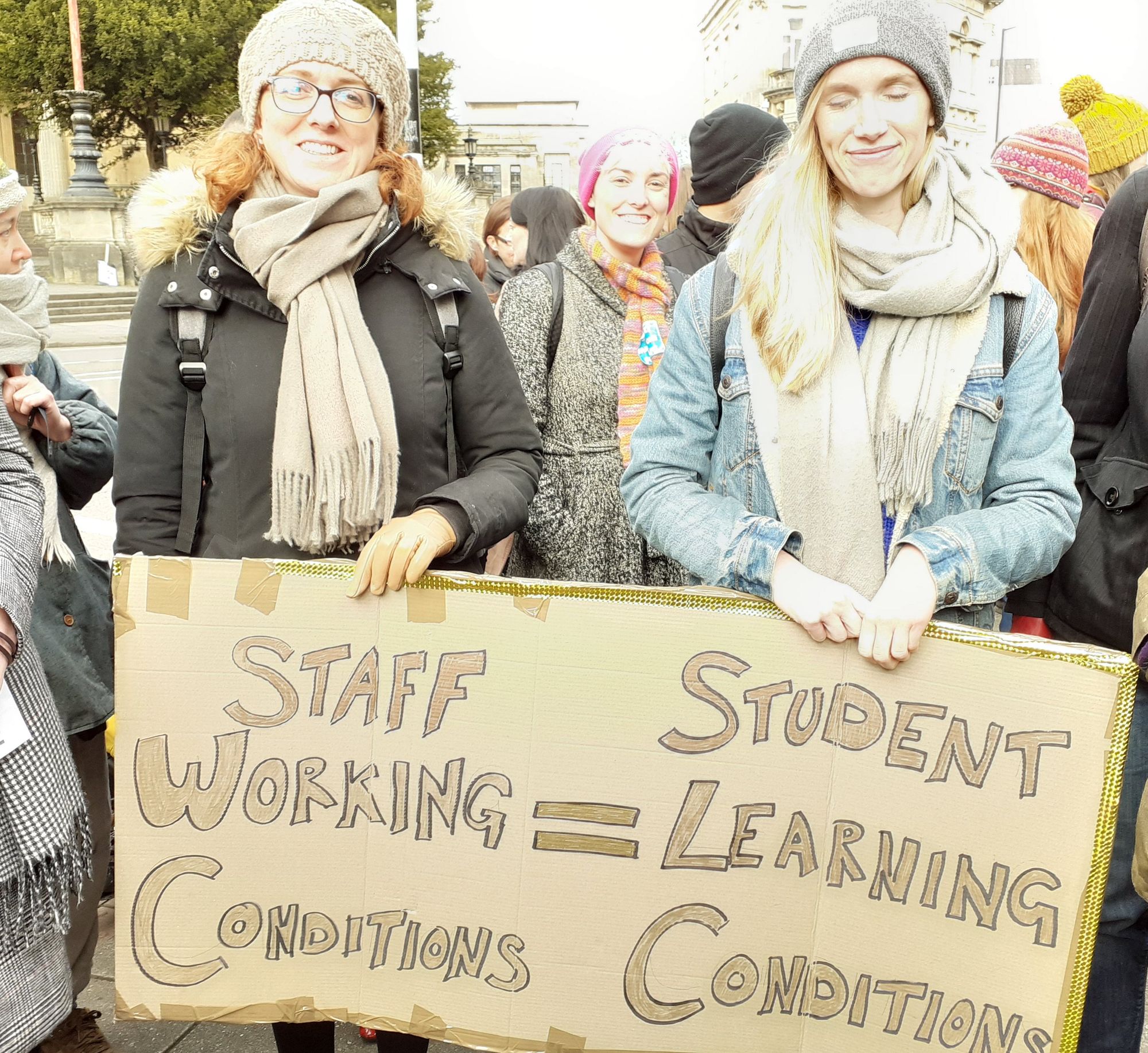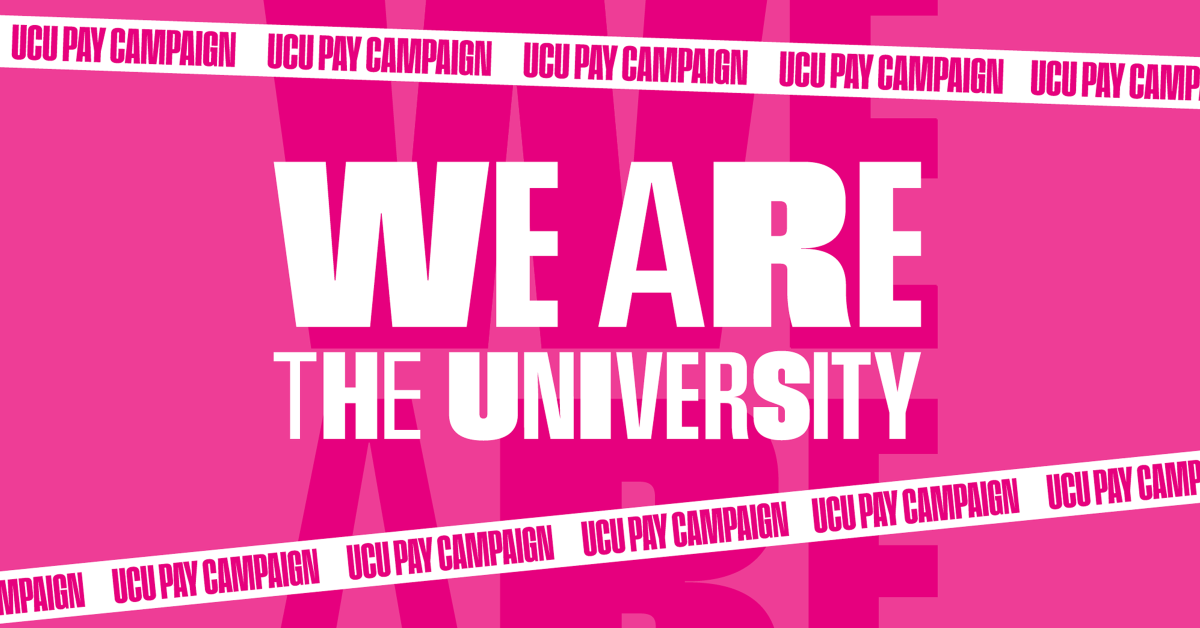By Molly Pipe, First year Politics and Social Policy
UCU Secretary General, Jo Grady, addressed striking Bristol staff outside the Victoria Rooms
UCU Secretary General Jo Grady claimed that some staff members are being paid as little as £2 per hour, when their salary is averaged out across their working hours.
During a protest with Bristol staff on Wednesday the 26th of February, the Secretary General for the UCU, Jo Grady rejected the claim that the UCU’s demands are unaffordable, saying instead that staff are ‘shock absorbers of bad management.’

'If we are unable, because it’s unaffordable, to actually sustain this sector without people doing billions of pounds of unpaid labour, that is because of bad management,’ Grady said.
She claimed that some employees are being paid as little as £2/hour when they calculate their working hours against salary, and said that, ‘Universities have never spent less of their money than they currently do on staff.’
SW Rally here at Bristol. @DrJoGrady speaking, and great to see colleagues from @ExeterUCU @UCUBath @BathSpaUCU 👊 #UCUstrikesback #UCUstrike pic.twitter.com/nIW1pzc8jj
— Bristol UCU (@Bristol_UCU) February 26, 2020
This comes following the news that University staff have begun industrial action to combat poor pay and working conditions, alongside 73 other UK institutions.
Staff have cited that their reason for striking was the University’s ‘failure to make significant improvements on pay, equality, casualisation and workloads', as well as disputes surrounding the 'sustainability of the Universities Superannuation Scheme'.
Changes to staff pension schemes have meant that affected members could pay £40,000 more into their pension and lose £200,000 in pay-out, according to analysis by First Actuarial. This is partly due to contribution rates hiking from 6.35% in 2011 to 8.8% in 2019, with a rise to 11% due in the next 18 months. ‘USS is becoming unaffordable for staff on low pay,’ a representative of the UCU said.
Addressing Bristol teaching staff, on the increase in casualisation across the Universities sector, Grady claimed that staff can be affected for large parts of their careers by insecure contracts. ‘The record was a woman up in St Andrews who spent 35 years on [them],’ she said.

Speaking to Epigram, one student said: ‘I think it’s disgusting the way they are being treated,’ adding, ‘People tend to ignore how [the issues] affect students. If our teachers are being overworked and underpaid, it’s going to reflect in their teaching.’
One employee, however, questioned the design of the strikes, saying ‘I fully support the staff and their objectives,’ he said, ‘but take some issue with the industrial action model.’ Unlike with the factories where this model originated, ‘the leveraging of the employer is arguably minimal, with wages actually saved for the university.’ Instead, ‘The students bear the brunt of the impact.’
In a statement in response to Grady's claims, a spokesperson for the University said: 'While we can't speak for the sector as a whole, here at the University of Bristol we have demonstrated a commitment to addressing the issue of workload.
'We have a Workload Agreement for all staff, drawn up in partnership with the trade unions, and have recently added a set of workload allocation principles which relate specifically to academic and teaching staff. We will continue to work closely with Union colleagues on this and other areas of concern, including the use of hourly paid contracts.
'Anyone who feels they are struggling with their workload should speak with their line manager, another senior leader in their School or their HR Business Partner team.'
Featured image: Epigram/ Molly Pipe
Do you think the staff strikes are justified? Let us know.









